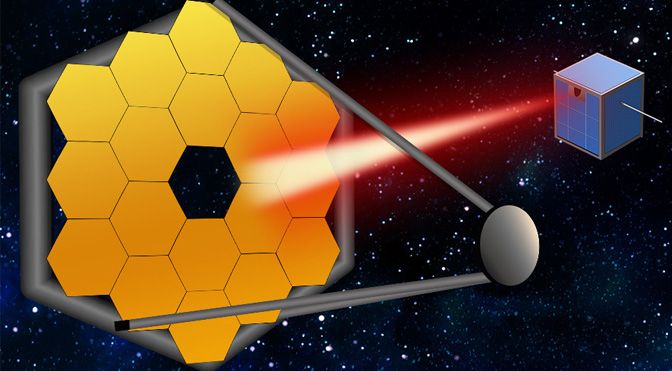Many scientists research the practical and immediate applications of bio molecular technology but it seems most fail to study our most important, and largest organ, our skin.
Who will officially be the first transhuman? Will it be you? Why wait decades? This article explains one approach to speeding up the process and also the challenge involved.
Defining the Object of the Goal:
Although the words ‘cyborg’ and ‘transhuman’ are often used interchangeably, and someone can aspire to be a combination of both, there are fundamental differences between the two — as has been articulated by Dr. Natasha Vita-More: The transhuman will be genetically programmed and otherwise equipped towards indefinite life extension and to attain a great many other physical and mental capabilities and other benefits. The transhuman also maintains specific transhumanist values and may actively foster the far-reaching humane goals of the transhumanist movement, including guaranteed social justice for all and highly-advanced space colonization to foster indefinite life, peace, etc. Whereas, a cyborg may not uphold transhuman values or goals, and may or may not seek to live longer or indefinitely, but will be fitted with a device or devices to acquire one or more enhanced capabilities (such as better vision and/or hearing, faster running ability, etc.).






